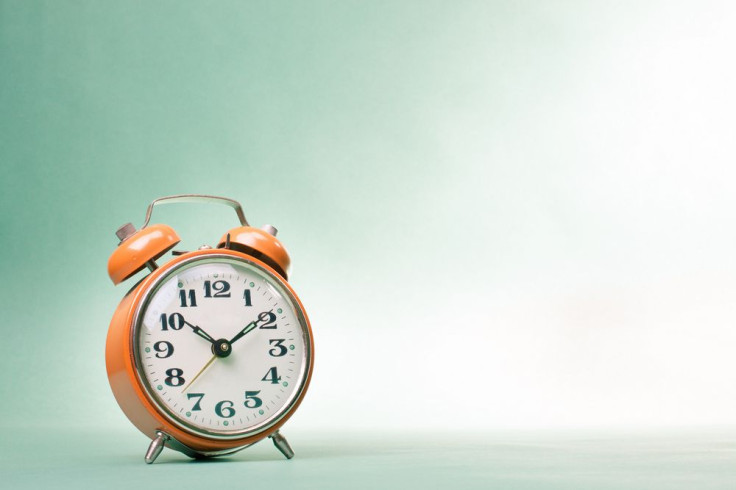
Oh rejoice! The days of darkness and shadows will be over soon! We’ll finally be able to enjoy a nice, bright day since we’re getting an extra hour of sunlight. That’s right, Daylight Saving Time (DTS) is beginning. This year, the day everyone will love is Sunday, March 8. On that date, at 2:00 a.m. local time, the clock will be advanced one hour to 3:00 a.m. in the United States, Canada and some parts of Mexico. The reasoning behind daylight savings and the time shifts was to take advantage of the daylight in the mornings and the lighter evenings during the summer.
In America, summer time saved the equivalent in energy of 10,000 barrels of oil each day during the 1973 oil embargo. At this period of time, DST was extended to ten months in 1974 and eight months in 1975, and it reverted back in 1976 when the energy crisis ended, with daylight savings beginning on the first Sunday of April. Most of the U.S. observes DST except for Hawaii and most of Arizona. However, daylight savings time has its detractors with most citing it really has no effect in energy consumption.
The practice has received both advocacy and criticism. Putting clocks forward benefits retailing, sports, and other activities that exploit sunlight after working hours, but can cause problems for evening entertainment and for other activities tied to the sun or to darkness. Some early proponents of DST aimed to reduce evening use of incandescent lighting (formerly a primary use of electricity), however, modern heating and cooling usage patterns differ greatly, and research about how DST currently affects energy use is limited or contradictory.
Some issues sometimes caused by DST clock shifts include: complicating timekeeping, disrupting meetings, travel, billing, record keeping, medical devices, heavy equipment and sleep patterns. Software can often adjust computer clocks automatically, but this can be limited and error-prone. What do you think about DST? Are you ok with the time change? Or would you rather stay in one time the whole year?
© 2025 Latin Times. All rights reserved. Do not reproduce without permission.





